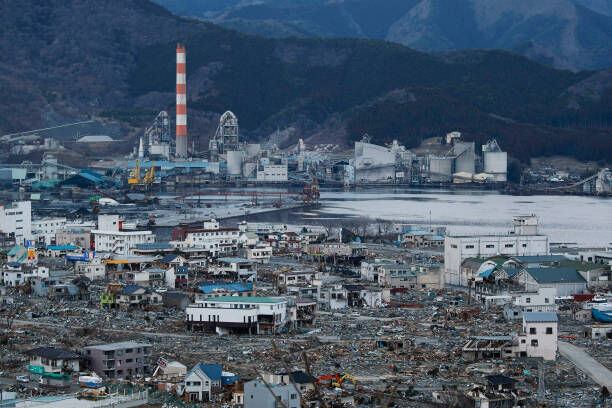Global Concerns over Japan's Plan to Dump Fukushima Nuclear-Contaminated Water
The entire world is deeply concerned about the potential consequences that Japan's decision to release contaminated water from Fukushima could have on the marine environment, food, and human health.
The Chinese Foreign Ministry has expressed their displeasure with the Japanese government's eagerness to rid themselves of this burden.
On July 7, the International Atomic Energy Agency (IAEA) said the dumping plan was consistent with international safety standards, but this assessment report failed to address the worries of the international community regarding the reliability of the purification system and the adequacy of the monitoring plan. In response, the Chinese mainland customs authorities have banned food imports from Japan's Fukushima and nine other regions, and will strictly examine certificates for food imports from other areas, specifically aquatic products.
Liu Senlin, an expert from the China Institute of Atomic Energy, said that the IAEA report was released without enough consultation with the experts in the technical working group. He noted that the report did not evaluate the safety of the discharge plan or the potential impact on the marine environment and food safety.
China and other countries have asked Japan to handle the contaminated water responsibly and safely, but some Japanese officials are still claiming the water is harmless. The Chinese government will continue to observe the situation and take necessary measures to protect the wellbeing of their citizens, and the international community is urged to stay alert about Japan's plan and take steps to protect marine safety, food safety, and human health.
"The report failed to address the safety of the discharge plan and the potential impact on the marine environment and food safety, which are the key issues the international community is concerned about," Liu said.
In 2018, the Japanese government said it planned to discharge the contaminated water after diluting it to a certain level, but the IAEA assessment report failed to assess the safety of the diluted water.
China and other countries have urged Japan to deal with the contaminated water in a responsible and safe way, but some Japanese officials continue to argue that the contaminated water is harmless.
Speaking at an online press conference on Tuesday, Mao said the Chinese government will continue to monitor the development of the situation and take necessary measures to protect the health and safety of Chinese citizens, and called on the international community to remain vigilant about Japan's plan and take necessary measures to protect marine safety, food safety and human health.
The entire world is deeply concerned about the potential consequences that Japan's decision to release contaminated water from Fukushima could have on the marine environment, food, and human health.




